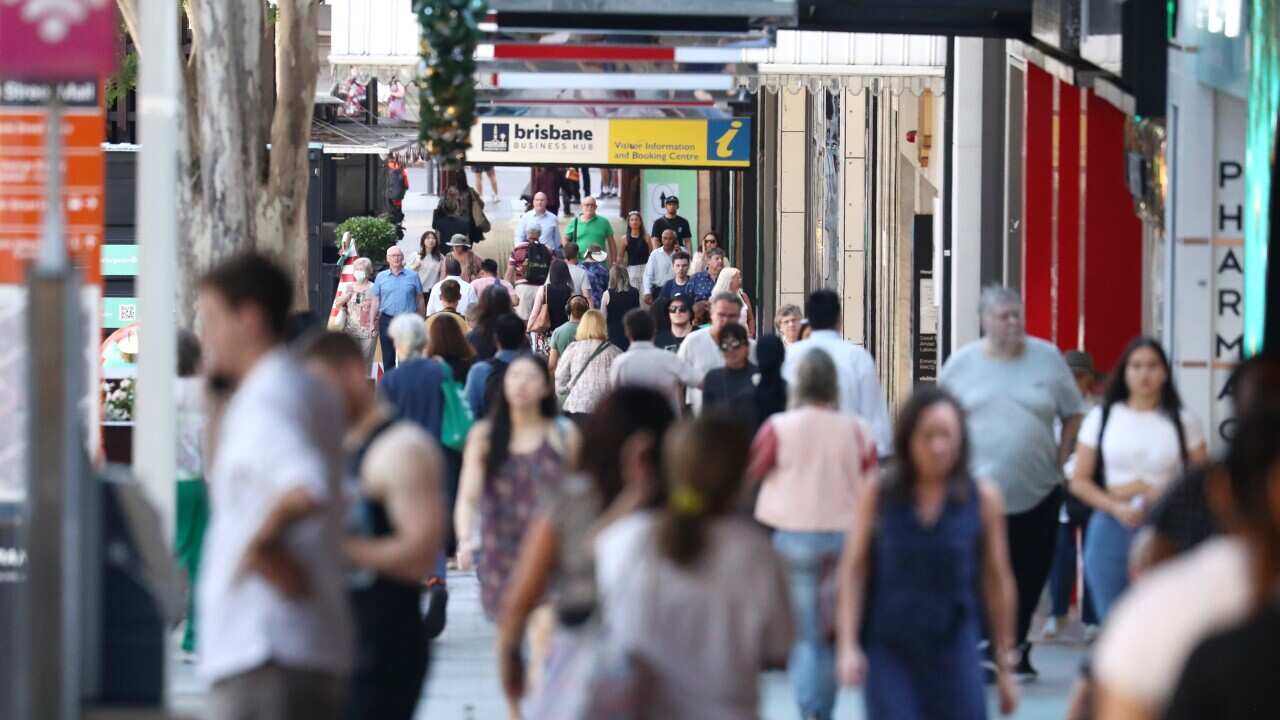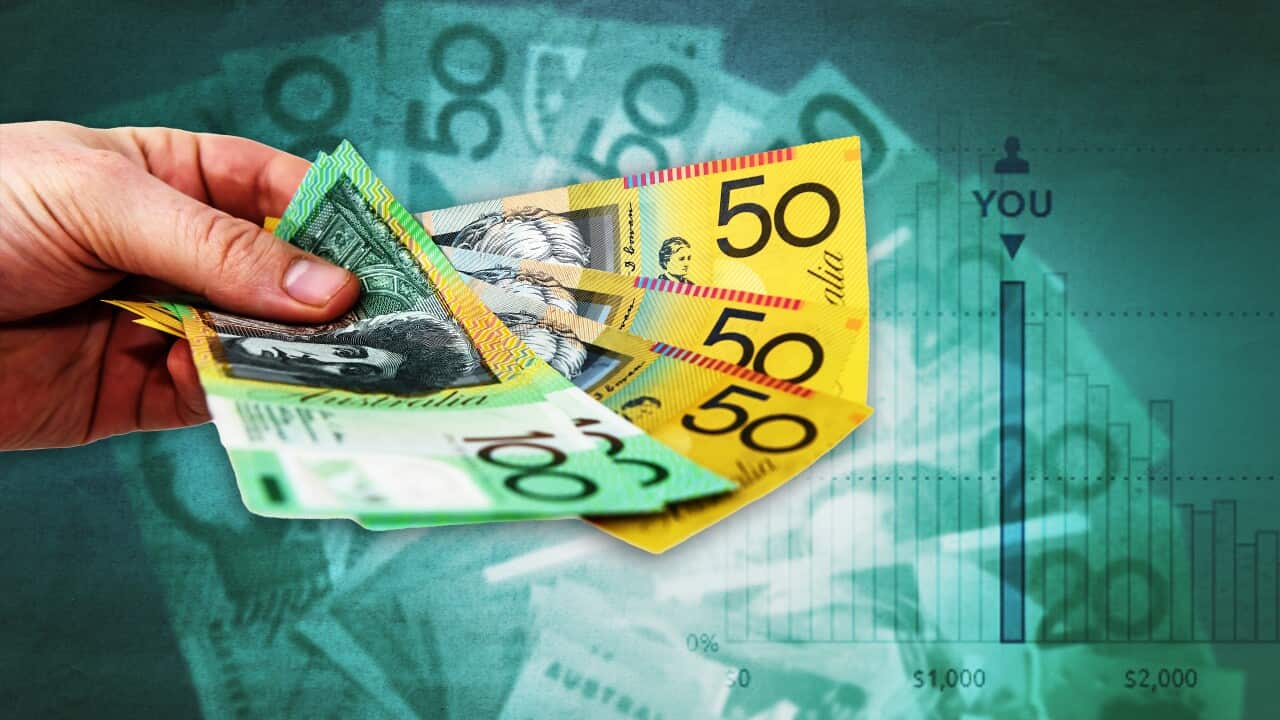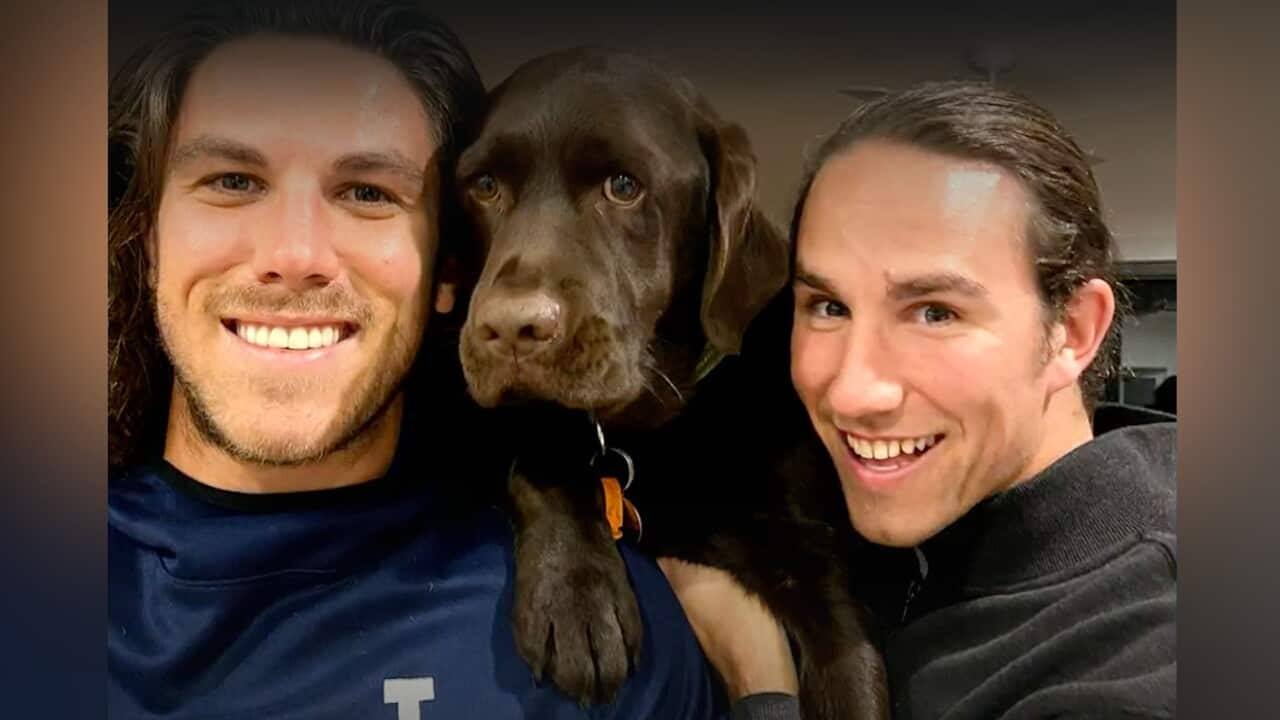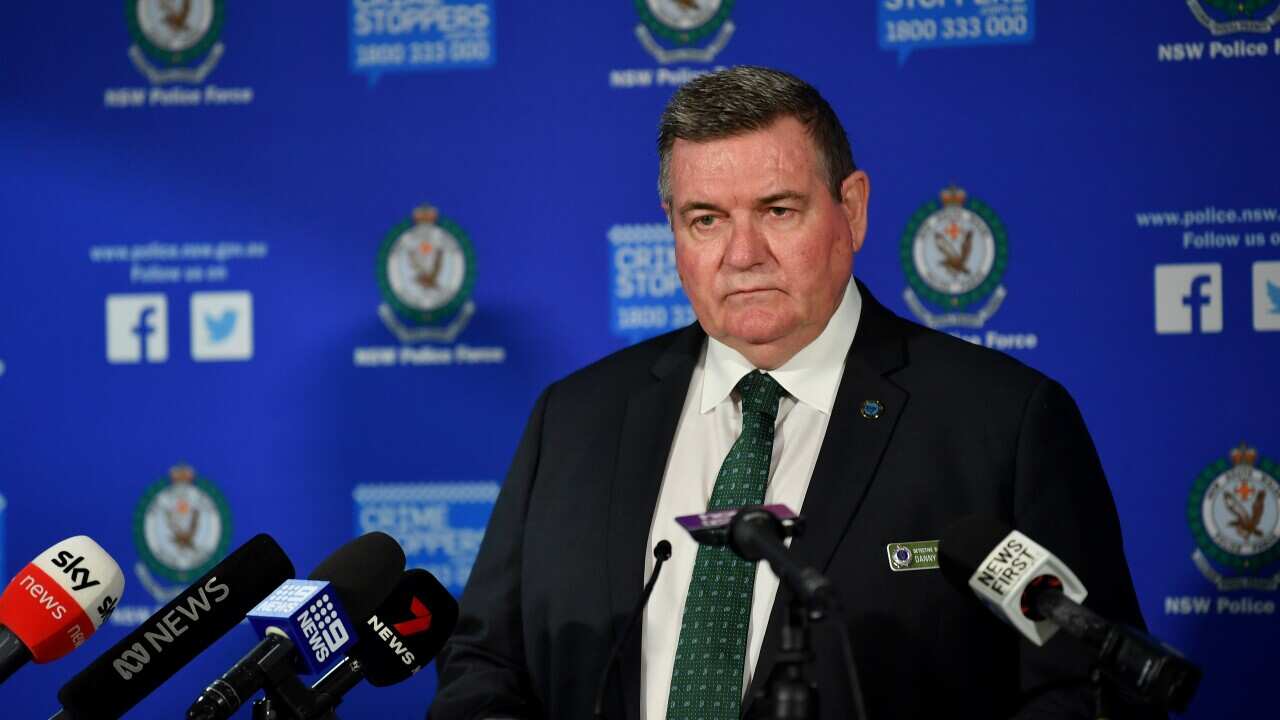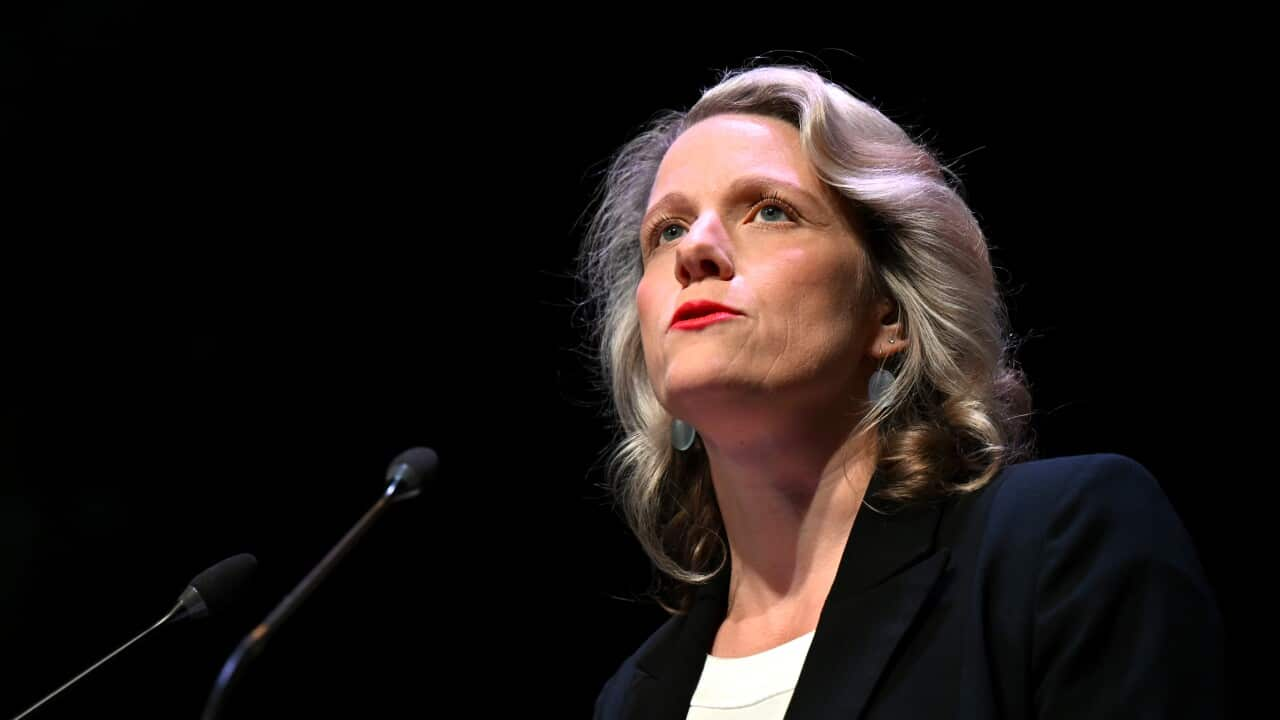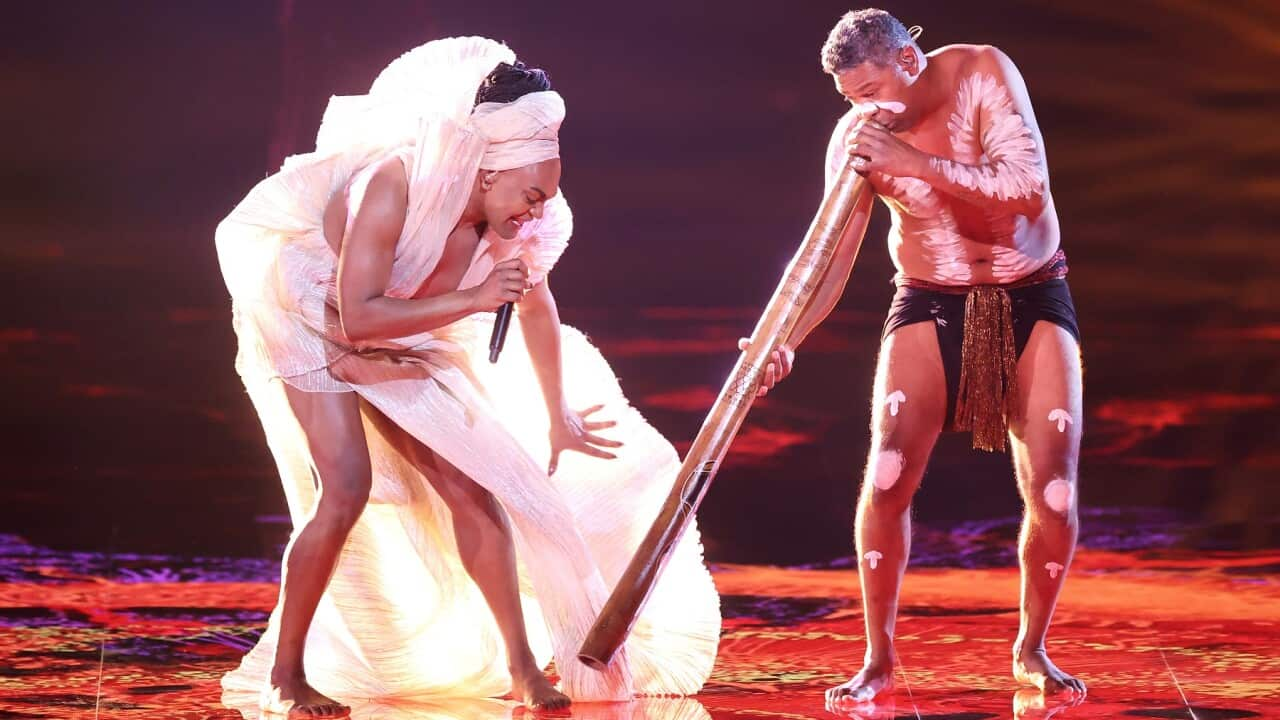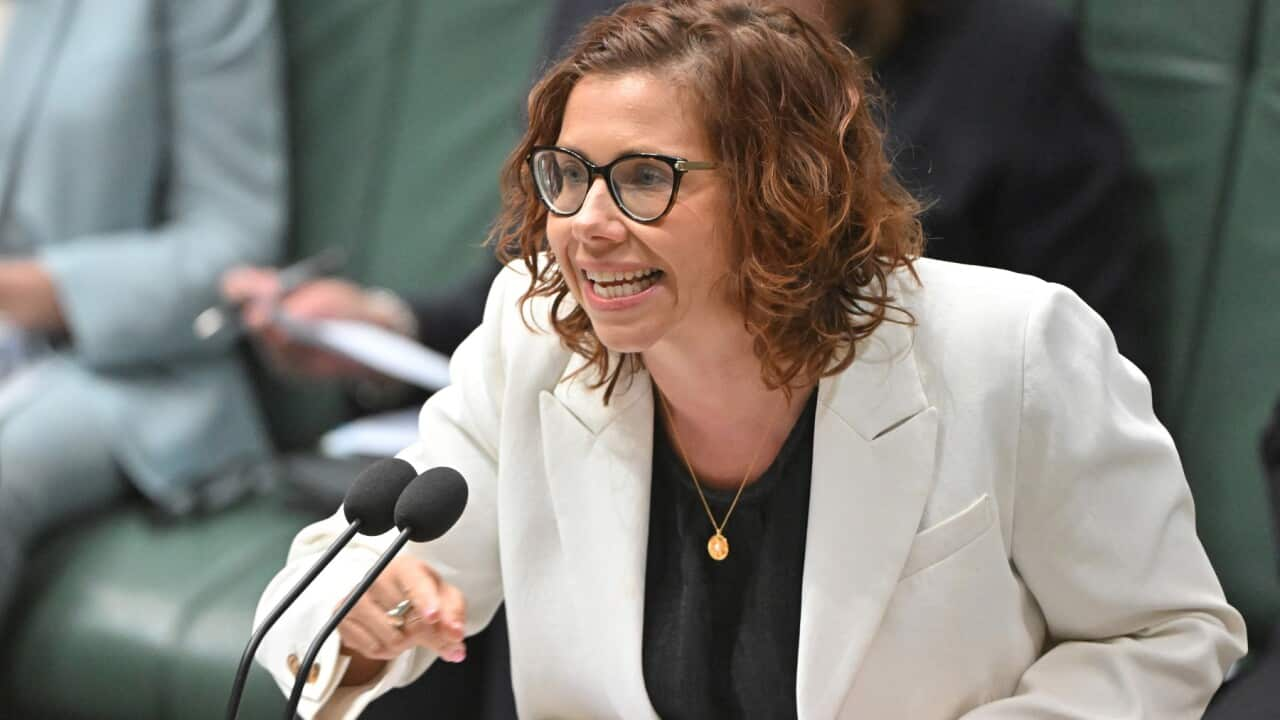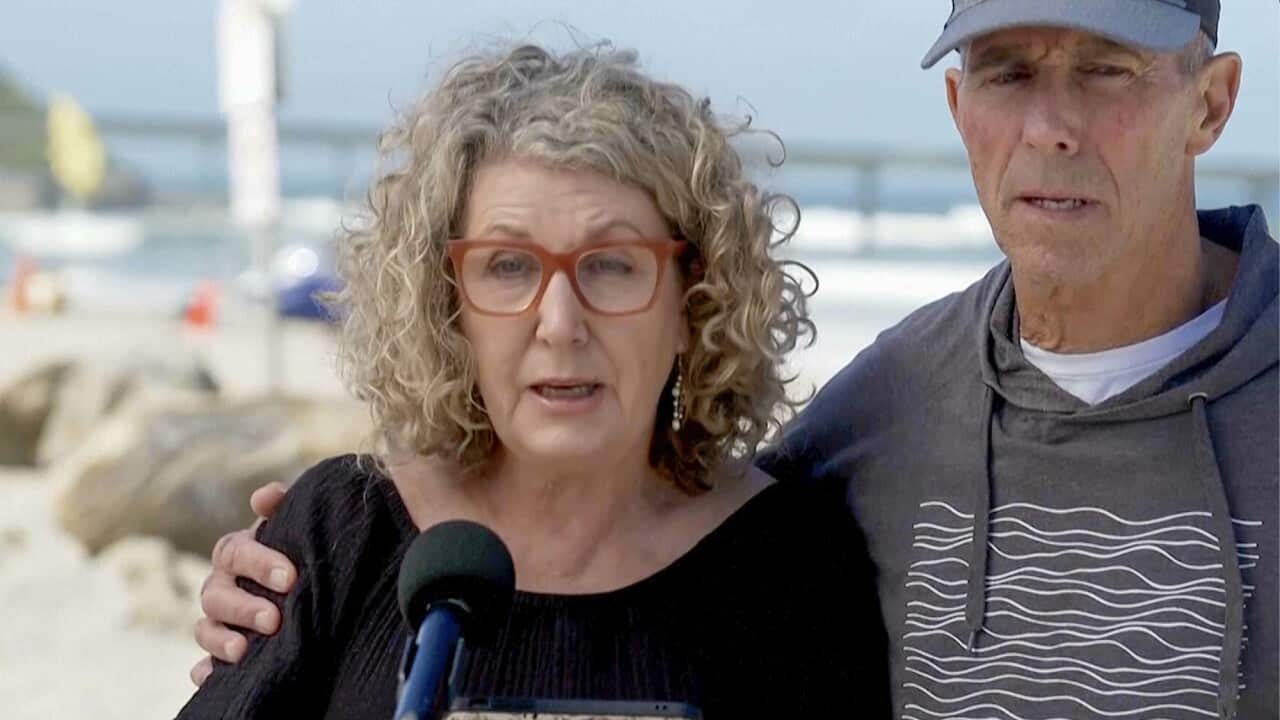TRANSCRIPT
In the late 1970s, John Lennon recorded that demo in his New York apartment.
Over 40 years later, and with the help of artificial intelligence, it's the Beatles latest and last song to be released.
It all started in 1994, when John's widow Yoko Ono gave the demo to Paul McCartney on a cassette labelled “For Paul”.
It was a recording which John's son, Sean Ono Lennon, says ignites warm memories of his father.
"I do remember living at the Dakota with Dad and Mum, there's this impression that my dad stopped doing music for a while to raise me, which I think is partially true in terms of him not touring and not fulfilling any major record label obligations. But he was always playing music around the house. He was always making demos and I do remember him recording into these tape cassette recorders. Mum had these handful of songs that my dad hadn't finished and she gave them to the other Beatles."
Then in 1995, Paul McCartney, Ringo Starr and George Harrison decided to try to make something of the song titled 'Now and Then'.
"PAUL MCCARTNEY: We got a little bit of time left to do Now And Then.
RINGO: When we started Now and Then, it was very difficult because John was sort of hidden in a way.
PAUL MCCARTNEY: In John's demo tape, the piano was a little hard to hear. And in those days of course we didn't have the technology to do the separation, every time we were a little bit more John's voice, this piano came through and clouded the picture. I think we kind of ran out of steam a bit and time, and it was like, 'Well, I don't know. Maybe we'll leave this one.' Now And Then just kind of languished in a cupboard."
So, without the technological advancements to separate John's voice from the piano, Now And Then was shelved.
It took almost a quarter of a century for the Beatles to re-visit the demo following the death of George Harrison in 2001.
But fast-forward to 2022, Paul and Ringo heard about a movie being made where artificial intelligence was being used to separate sound tracks to isolate voices.
After the Beatles reached out, New Zealand film director Peter Jackson was happy to help.
"During the course of Get Back, we were paying a lot of attention to the technical restoration that ultimately led us to develop a technology which allows us to take any soundtrack and split all the different components into separate tracks based on machine learning."
So, with the help of artificial intelligence, a couple of minutes was all it took to make it feel like John Lennon was in the room, 43 years after his death.
28 years after first receiving the demo, Paul and Ringo got to work adding bass, drums, strings and a guitar solo in George's style to create a typical Beatles track - paying tribute to their friends who had passed.
But although Beatles fans and music lovers will likely welcome the nostalgia of hearing a new record with the voice of John Lennon, artificial intelligence experts say this kind of restoration has been happening for a long time.
Patrick Hutchings is the Head of Artificial Intelligence at generative music platform Aimi.
"I think it's quite exciting. I think it's very interesting the way that they've done it is respectful and interesting. This has been happening for a while, especially in the kind of ways that they've been using AI, which is for restoration of recordings. This has been built into music software for a number of years now. I think the big thing is that this isn't kind of a big revolutionary stuff. It's really an evolution of stuff that's been going on for the Beatles and music in general."
As for the future of the relationship between artificial intelligence and mainstream music, Mr Hutchings says although it's exciting, it does come with risk.
"There's definitely ethical concerns about the directions that AI music can go in. I think the big talking points will really be around transparency and attribution and also the creative economy. So, making sure that the people who have contributed their work towards any musical creations are seeing the rewards of the success of that music, regardless of whether AI was involved or not. And the other is transparency, making sure that if something does use AI, that the people who are listening to it are made aware on some level or are able to find out in some way that I was involved."
But for now, 'Now and Then' marks what could be the closing chapter for arguably the greatest band in rock history.
And for the family and friends of John Lennon, it will provide comfort and connection.
SEAN LENNON: "It was incredibly touching, to hear them working together after all the years that my dad had been gone. It's the last song that my dad and Paul and George and Ringo will get to make together."
PAUL MCCARTNEY: "All of those memories come flooding back. My God, how lucky was I? To have those men in my life. Now and Then it's probably like the last Beatles song, and we've all played on it. So, it is a genuine Beatle recording."


